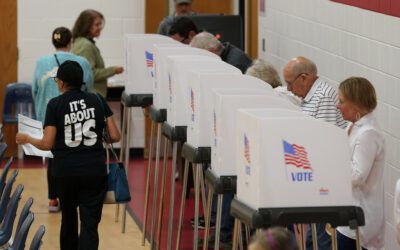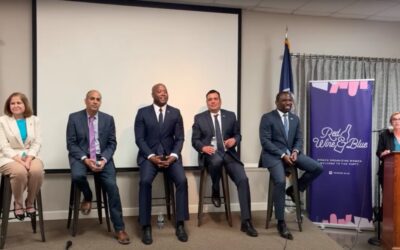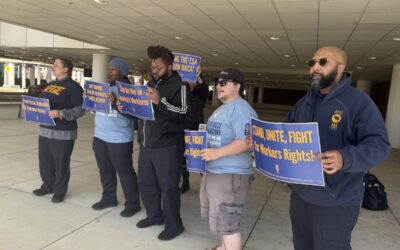
FTC spokesperson Victoria Graham said that the decision “does not prevent the FTC from addressing noncompetes through case-by-case enforcement actions” and said that the agency is “seriously considering” appealing the Texas court’s decision. (Photo via Getty Images/ Martinns)
FTC spokesperson Victoria Graham said that the decision “does not prevent the FTC from addressing noncompetes through case-by-case enforcement actions” and said that the agency is “seriously considering” appealing the Texas court’s decision.
A federal judge in Texas has struck down the Federal Trade Commission’s (FTC) ban on noncompete agreements that was set to go into effect on Sept. 4.
In April, the FTC voted to ban noncompete agreements—those pesky clauses that employers often force their workers to sign which effectively bar them from starting their own business or finding a new job in the same field within a certain area or timeframe after leaving their current job.
An estimated 30 million American workers are currently affected by noncompete clauses—that’s roughly 18% of the US workforce. These clauses have been shown to lower workers’ pay and restrict their opportunity and mobility.
US District Judge Ada Brown, a Trump appointee, wrote that “the FTC lacks statutory authority” to ban most noncompetes, and that the rule was “arbitrary and capricious,” in her opinion. Therefore, the ban will “not be enforced or otherwise take effect” as planned.
Brown issued a preliminary order against the FTC’s ban in early July. The order was issued in a lawsuit brought by Ryan LLC, a company owned by a Republican mega donor and tax adviser to former president Donald Trump. Business groups including the US Chamber of Commerce and the Business Roundtable had a hand in bringing this case to court as well.
Victoria Graham, an FTC spokesperson, told HR Brew that the decision “does not prevent the FTC from addressing noncompetes through case-by-case enforcement actions” and said that the agency is “seriously considering” appealing the Texas court’s decision.
“We are disappointed by Judge Brown’s decision and will keep fighting to stop noncompetes that restrict the economic liberty of hard working Americans, hamper economic growth, limit innovation, and depress wages,” Graham additionally told The Hill.
In contrast, a federal judge in Pennsylvania rejected a similar challenge to the ban put forth by tree-trimming company ATS Tree Services later in July. US District Judge Kelley Hodge in Philadelphia—a Biden appointee—reasoned in her opinion that the FTC has the authority “to prevent unfair methods of competition in commerce” under the 1914 Federal Trade Commission Act.
Josh Robbins, an attorney who represented ATS at the Pacific Legal Foundation, said the company was “pleased” by Tuesday’s decision.
“This is a great first step and we expect litigation over the ban to continue,” Robbins said.
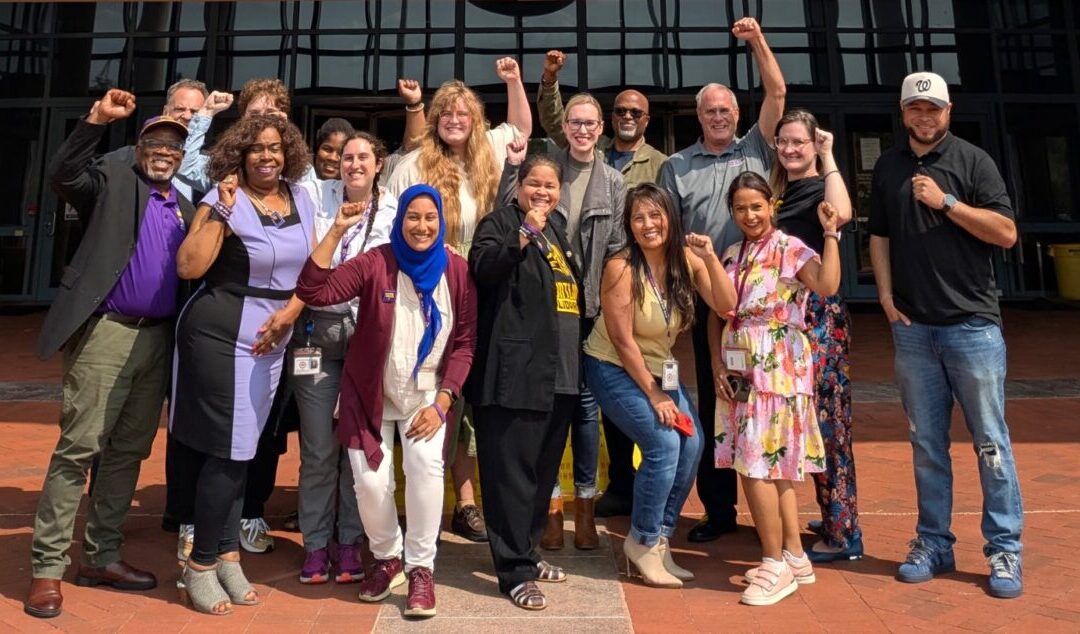
Fairfax County workers closing in on first union contract
Thousands of Fairfax County government employees will soon vote on whether to ratify their first union contract. Thousands of local government...
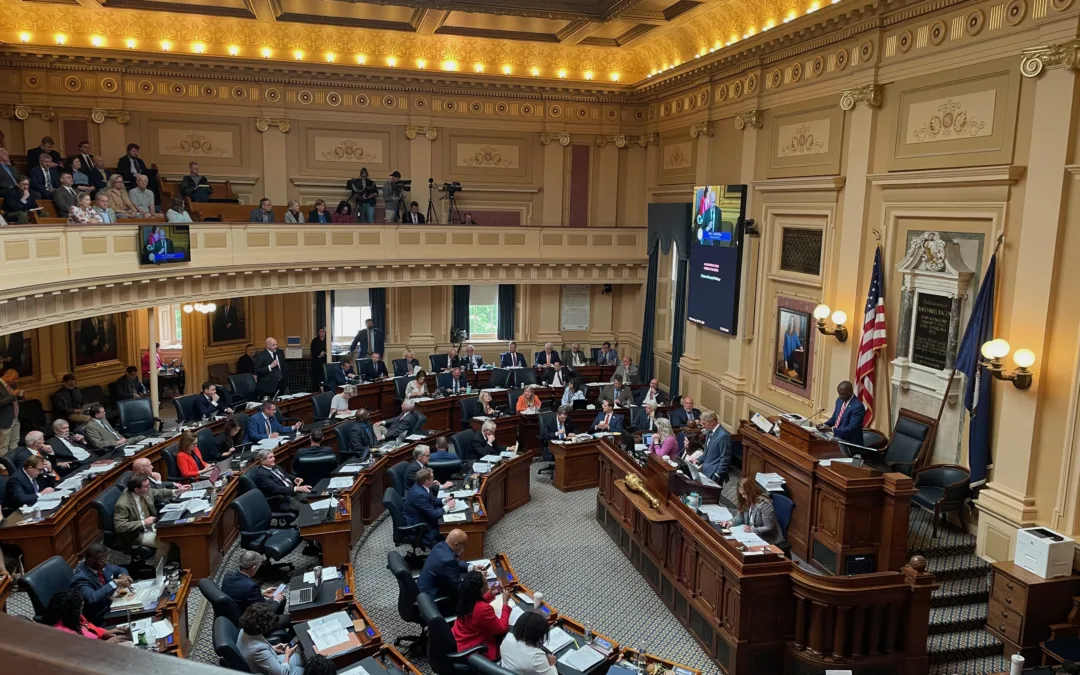
Virginia lawmaker backs bill to extend collective bargaining to civil servants
Virginia is one of 12 states that doesn’t allow state employees to collectively bargain, a new report says. A state lawmaker will again make a push...

Earle-Sears failed to secure police group endorsement. Here’s why
Republican gubernatorial candidate Lt. Gov. Winsome Earle-Sears did not impress in her endorsement interview with the Virginia Police Benevolent...
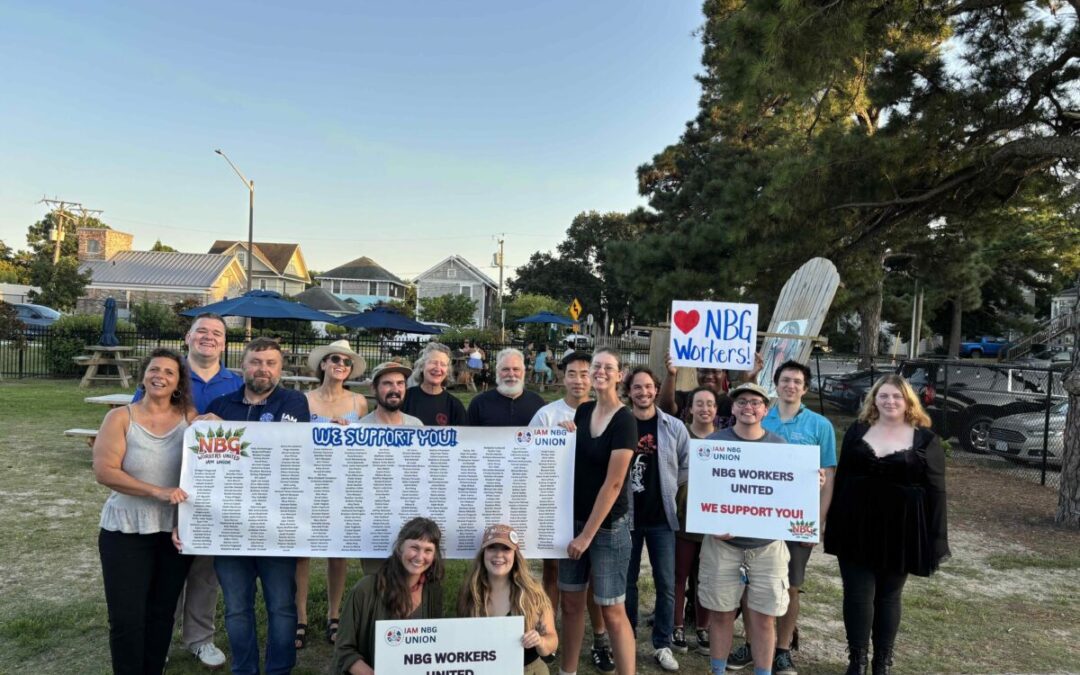
Norfolk Botanical Garden worker: Union push ‘brought us all together’
It marks at least the second botanical garden in Virginia that has formed a union. Sage grew up in Norfolk never having set foot in the city’s...

Earle-Sears refuses to say if Trump’s federal job cuts are bad for Virginia
The Republican nominee for Virginia governor dodged repeated questions about her position on the Trump administration’s federal workforce cuts in an...
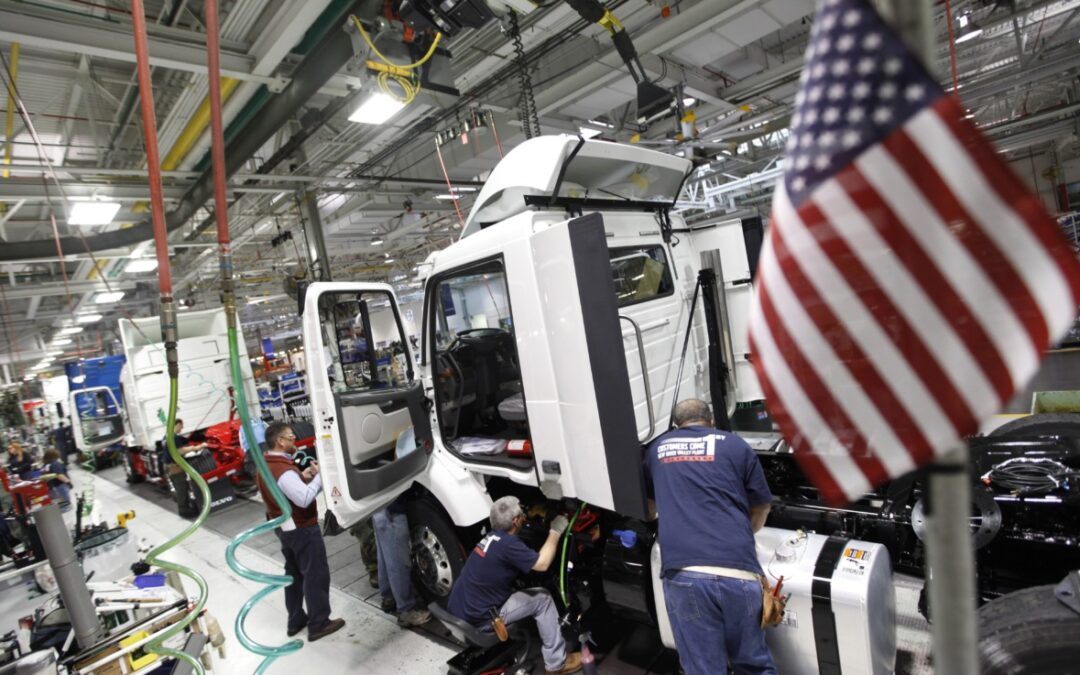
Rising unemployment, Trump cuts fuel uncertainty about Virginia economy
A University of Virginia economist warns that if Virginia’s unemployment rate keeps rising it could strain state resources. New figures released...


